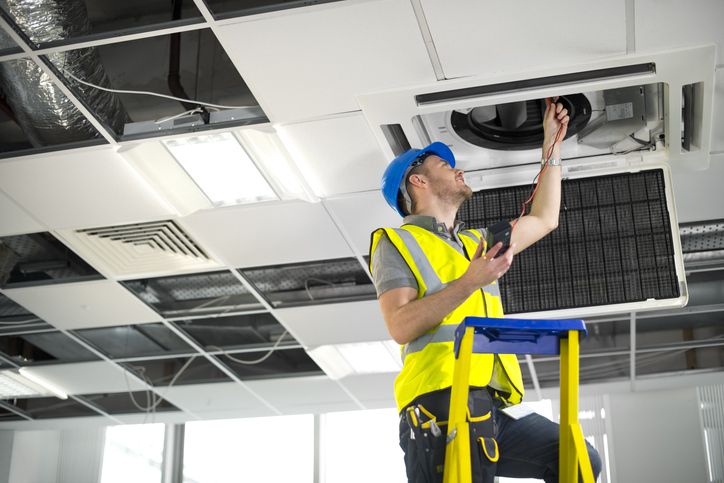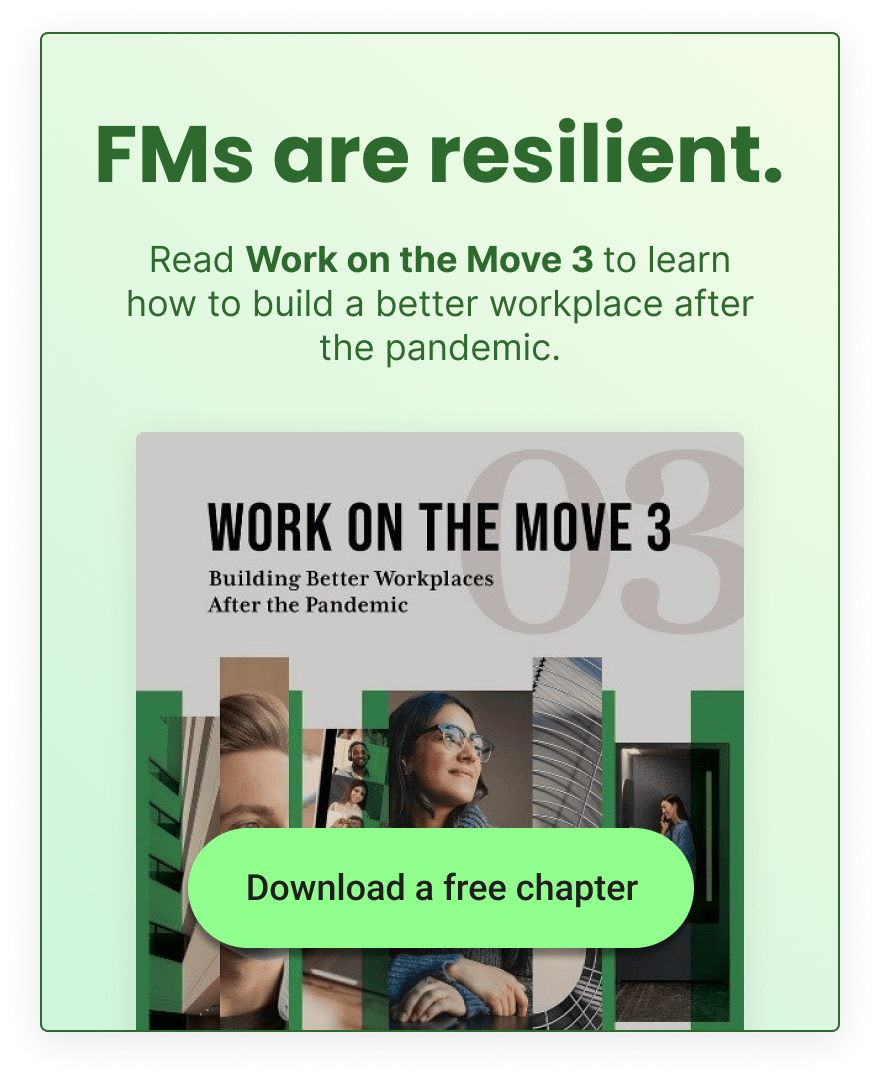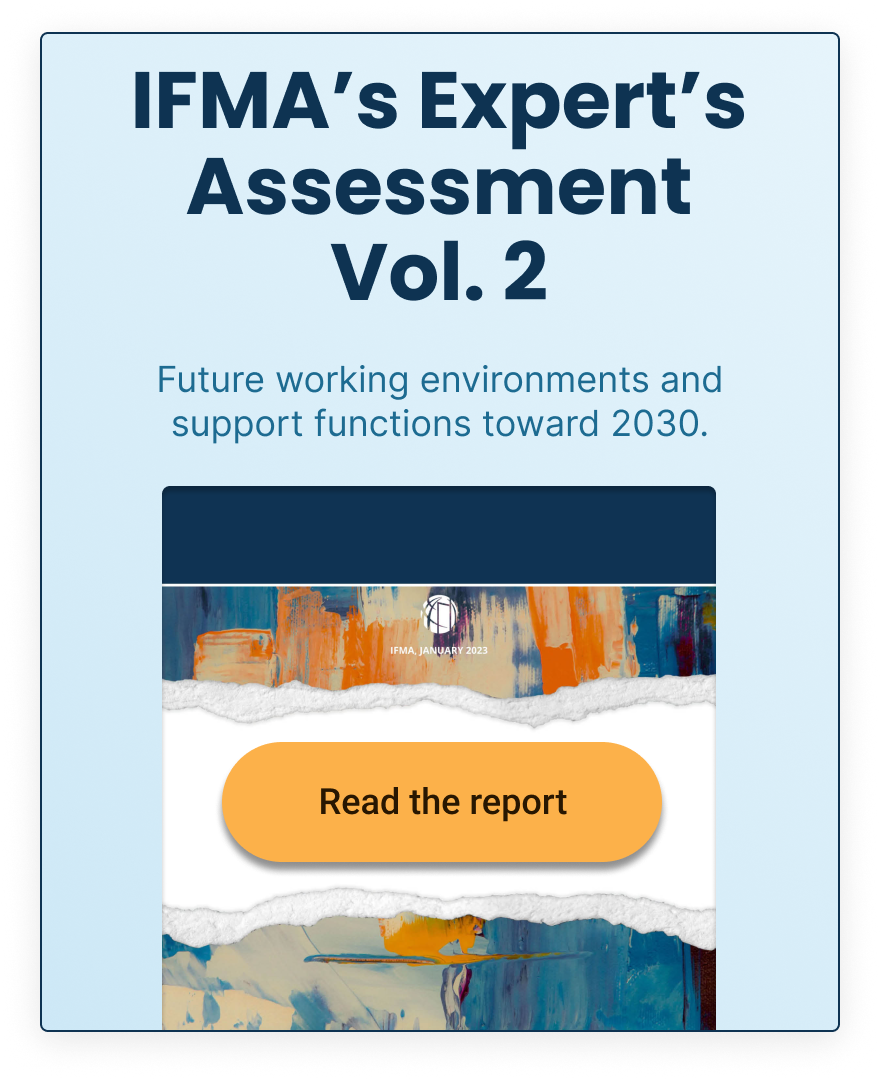Reduce Tenant Complaints with HVAC Proactive Maintenance

HVAC sustainability is about understanding equipment costs and driving maintenance and energy efficiency based on impact to the bottom line. Proactive maintenance will improve operating costs and your relationship with key financial stakeholders.
It's no secret that the majority of tenant complaints in commercial buildings revolve around HVAC. Hot and cold calls make up 8/10 objections lodged by tenants and are the catalyst for declining relationships between tenants and managers. Most tenants may not leave over a few degrees of comfort, but mounting HVAC issues may cause a tenant to look elsewhere before resigning a lease. Let's face it, when the majority of workers are strapped to an office half of their lives they have every right to be comfortable.
Most managers have come to live with under-performing HVAC -In fact some even forewarn tenants to help manage expectations! So why do we accept status quo when it comes to comfort? Do you know how badly temperature control issues actually affect your tenant? Numerous case studies have cited that even 2-3 degree temperature swings from comfortable conditions ( > 68 or < 72) show 5-7% reduction per degree in productivity. Your losing almost 20% of your bottom line when your office is 76 degrees in the summer!
One of the biggest problems surrounding tenant complaints is reactive management styles. Yet, it's not the fault of the owner or property manager. The typical manager has two analytics to derive actionable, financial intelligence -Lump sum, annual energy and maintenance bills. Other than that, they're service provider is feeding them technically based, End-of-Life (EOL) reports detailing which component or equipment is going to fail next. Building owners typically react to risk aversion or investments -Which neither lump-sum bill analyzation or technical reports deliver!
So how do we command meaningful change? How do we reverse traditional mentalities and avoid having to deliver sub-par comfort? Proactive management. We've all heard the term deferred maintenance. Some like to be politically correct and call it an annual budget. What we don't consider when we put off maintenance, irregardless the reasoning, is the associated risk and cost of efficiency. Equipment costs more money to run when there are lingering component problems. Would you have replaced that air filter in your car if your mechanic told you it would cost you $0.10/mile? How about those bald tires? If he told you there was a 50% chance of wrecking your car and you'd spend $150.00 in the next 1,000 miles, you'd probably be more inclined to shell out!
The reality is that uncalculated risk and returns are never enough to get us to spend our money. We hold it tight to our chests. We spend it either to make more or to prevent losing less. That's it. HVAC expenditures fall under the same principles. If we're able to weigh every potential repair, upgrade, and replacement against how much we're losing daily, or the calculated risk impact to tenants, we now have a reason to invest in temperature control. By understanding how every HVAC expenditure impacts our bottom line, we forego replacements because they either don't cost us enough or they won't have an impact on our tenant. We spend money because we'll either lose more running the equipment versus replacing or the equipment failing will cause a complaint.
Proactive management is about understanding how each investment we make from a preventative maintenance contract to an energy retrofit will impact our bottom line. Versus traditional preventative maintenance, proactive strategies:
- Save about 30-40% in maintenance costs by reducing emergency repairs
- Drive down tenant complaints almost 50%
- Increase energy savings 20-25%
HVAC sustainability is not always in how much energy you save. It's about understanding equipment costs and driving maintenance and energy efficiency based on impact to the bottom line. If we can forecast life-cycle costs, we understand how much it's costing us to not replace equipment, or not repair a component, irregardless of technical understanding. Proactive management techniques will drastically improve your relationship with key financial stakeholders, as you turn the cost-impact of HVAC into an investment while reducing tenant calls and operating costs.


